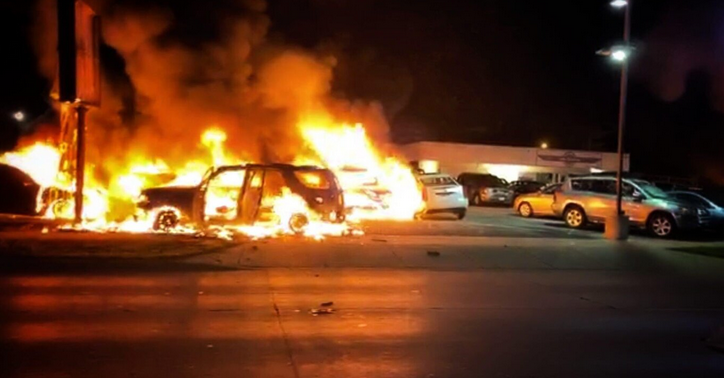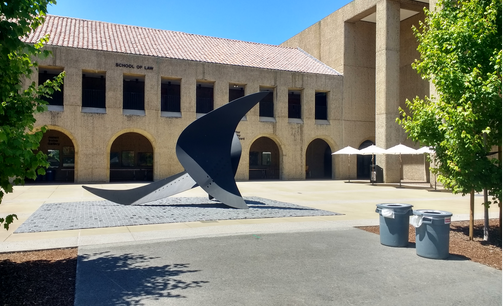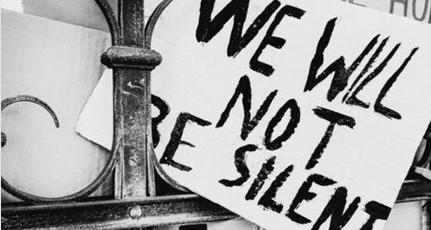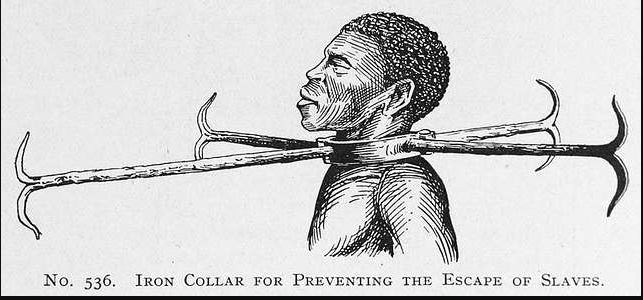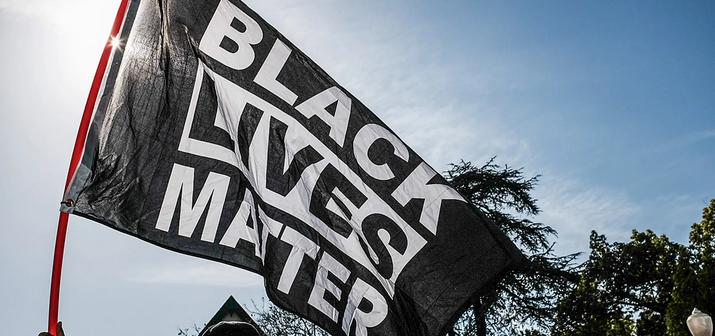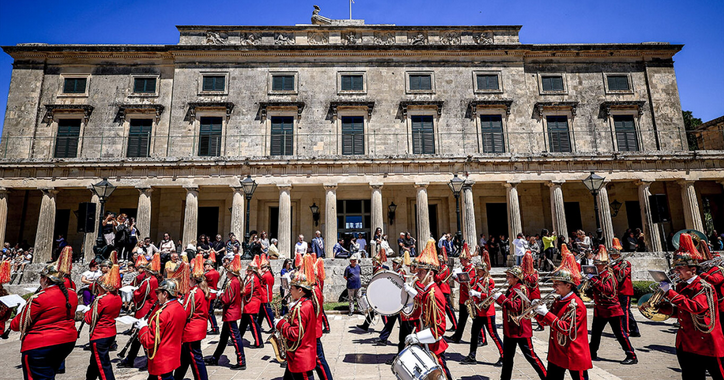Payments of $5 million to every eligible Black adult, the elimination of personal debt and tax burdens, guaranteed annual incomes of at least $97,000 for 250 years and homes in San Francisco for just $1 a family.
These were some of the more than 100 recommendations made by a city-appointed reparations committee tasked with the thorny question of how to atone for centuries of slavery and systemic racism. And the San Francisco Board of Supervisors hearing the report for the first time Tuesday voiced enthusiastic support for the ideas listed, with some saying money should not stop the city from doing the right thing.
Several supervisors said they were…surprised to hear pushback from politically liberal San Franciscans.
The draft reparations plan, released in December, is unmatched nationwide in its specificity and breadth. The committee, of course, hasn’t done an analysis of the cost of the proposals, and critics have slammed the plan as financially and politically impossible. An estimate from Stanford University’s Hoover Institution has said it would cost each non-Black family in the city at least $600,000!
Tuesday’s unanimous expressions of support for reparations by the board do not mean all the recommendations will ultimately be adopted, as the body can vote to approve, reject or change any or all of them. A final committee report is due in June.
Some supervisors have said previously that the city can’t afford any major reparations payments right now given its deep deficit amid a tech industry downturn…
Tinisch Hollins, vice-chair of the African American Reparations Advisory Committee, alluded to those comments, and several people who lined up to speak reminded the board they would be watching closely what the supervisors do next.
“I don’t need to impress upon you the fact that we are setting a national precedent here in San Francisco”, Hollins said. “What we are asking for and what we’re demanding for is a real commitment to what we need to move things forward”.
The idea of paying compensation for slavery has gained traction across cities and universities. In 2020, California became the first state to form a reparations task force, but it’s no surprise that it is still struggling to put a price tag on what is “owed”.
The idea has not been taken up at the federal level.
In San Francisco, Black residents once made up more than 13% of the city’s population, but more than 50 years later, they account for less than 6% of the city’s residents — and 38% of its homeless population. The Fillmore District once thrived with Black-owned night clubs and shops until government redevelopment in the 1960s forced out residents.
Fewer than 50,000 Black people still live in the city, and it’s not clear how many would be eligible. Possible criteria include having lived in the city during certain time periods and descending from someone “incarcerated for the failed War on Drugs”.
Head of risk assessment at Silicon Valley Bank accused of prioritizing diversity issues
Critics say the payouts make no sense in a state and city that never enslaved Black people. Logically, opponents argue that taxpayers who were never slave owners should not have to pay money to people who were not enslaved.
Advocates say that view ignores a wealth of data and historical evidence showing that long after U.S. slavery officially ended in 1865, government policies and practices worked to imprison Black people at higher rates, deny access to home and business loans and restrict where they could work and live.
John Dennis, chair of the San Francisco Republican Party, does not support reparations although he says he’d support a serious conversation on the topic but he doesn’t consider the board’s discussion of…$5 million payments to be one.
“This conversation we’re having in San Francisco is completely unserious. They just threw a number up, there’s no analysis”, Dennis said. “It seems ridiculous and it also seems that this is the one city where it could possibly pass”.
The board created the 15-member reparations committee in late 2020, months after California Gov. Gavin Newsom approved a statewide task force amid national turmoil after a white Minneapolis police officer killed George Floyd, a Black man.
The Chicago suburb of Evanston became the first U.S. city to fund reparations. The city gave money to qualifying people for home repairs, down payments and interest or late penalties due on property. In December, the Boston City Council approved of a reparations study task force.
Source: AP


